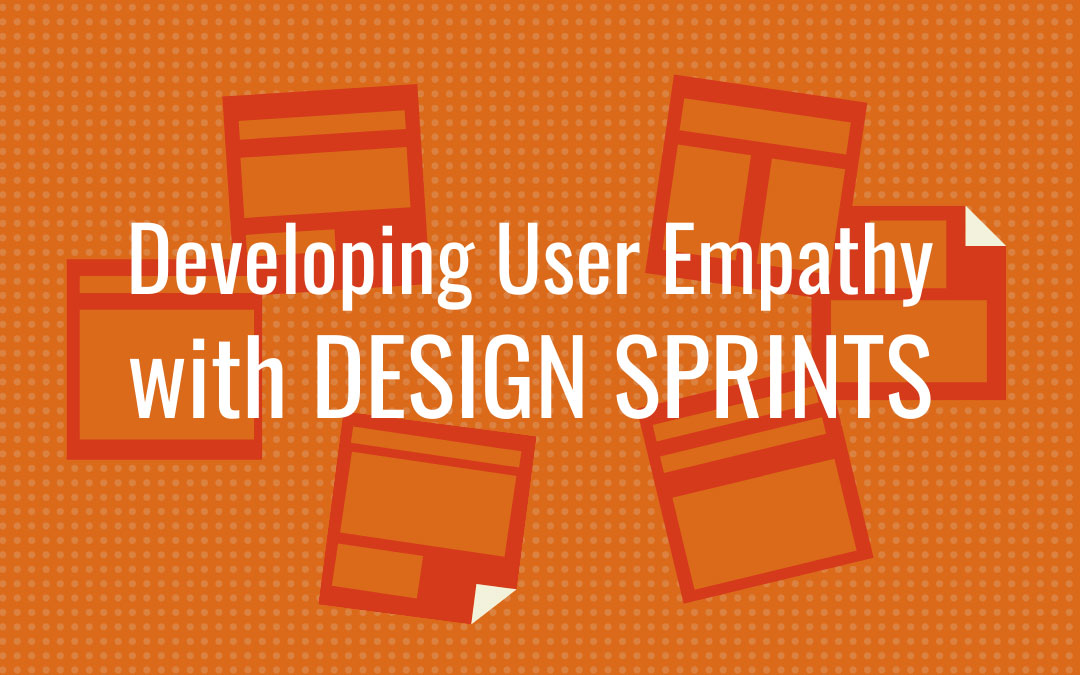Curated by Alex Baldwin, Designer at Envoy. Alex served as the CΧO at Hack Design and designer at Envoy. Previously, he’s worked as a designer-in-residence with Techstars and 500 Startups. You can find him climbing nature, disc jockeying, drinking lattes, or possibly cartwheeling.
Product psychology exists solely in service of the people using your product. For product design, this is about balancing the infinite possibilities of what you could build with the desires of your customers. The most delightful products to use are the ones that effortlessly get you. Like a Vulcan Mind Meld, your product and it’s users can mentally become one. In order to support and enhance those dynamite emotional experiences, you’ll need to iterate and bake product psychology into your development cadence.
Introducing the “Product Design Sprint,” a flexible collection of exercises that, when combined, provide a tour de force of product ecstasy. We’re talking Long Island Iced Tea levels of intoxicating power here. Here’s your guide to getting started and customizing design sprints for your own organization.
Google Venture’s design team originally developed and popularized the concept, so their team’s writings are the starting point. Alternatively, watch their talk from Google I/O 2014.
How could you and/or your team implement a design sprint in the next month?
While at thoughtbot, we had to adapt and modify certain aspects for our clients, specifically deliverables other than the final prototype. Consider what you would modify, remove, or add to get the best results with your organization. After a year running sprints myself, I wrote up a lengthy list of learnings.
Consider what you would modify, remove, or add to get the best results with your organization.
For outside inspiration, steal from the best. IDEO also offers an extended free course in implementing concepts from Human Centered Design.
Choose one (or both!) of these free resources and begin going through their material this week.
Your results will only be as good as your research. Draw from Moishe Lettvin’s deep experience mining for insights out of customer interviews.
Using Moishe’s advice, how could you and/or your team develop and implement a customer interview that will provide new insights?
Other Product Psychology Lessons
- Building Community Starts with Understanding People
- When Persuasion Becomes Deception
- Mastering Pricing Principles
- A Handy Behavioral Design Toolkit
- Onboarding Matters – Getting Users Engaged in your Product
- Dual Process Theory: Is Your Product the Elephant or the Rider?
- Web Psychology – The Science of Online Persuasion
- Developing User Empathy with Design Sprints
- Want To Be A Game Psychologist? What You Need to Know
- How to Do Effective User Research
- Context Driven Design (The “Context Effect”)
- Writing Copy for Your Reader’s Brain
- Designing Habit-Forming Products
- Games, Play, and Motivation
- How Scarcity & Impatience Drive Irrational User Behavior
- Should You Listen To Your Users or Your Data?
- Emotional Engagement – Designing with the Heart in Mind
- Product Psychology: The 3 Things Everyone Should Know About

